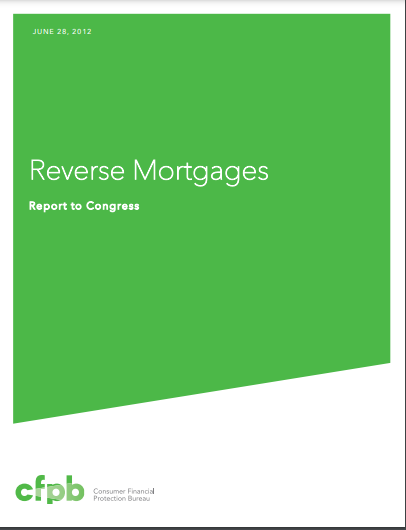Using Fresh Starts to Nudge Increased Retirement Savings
By John Beshears, Hengchen Dai, Katherine L. Milkman & Shlomo benartzi We conducted a field experiment to study the effect of framing future moments in time as new beginnings (or “fresh starts”). University employees (N=6,082) received mailings with an opportunity to choose between increasing their contributions to a savings plan immediately or at a specified future time point. Framing the future time point in relation to a fresh start date (e.g., the recipient’s birthday, the first day of spring) increased...










